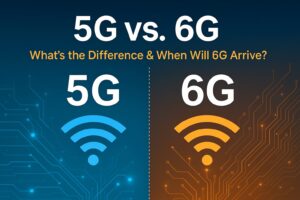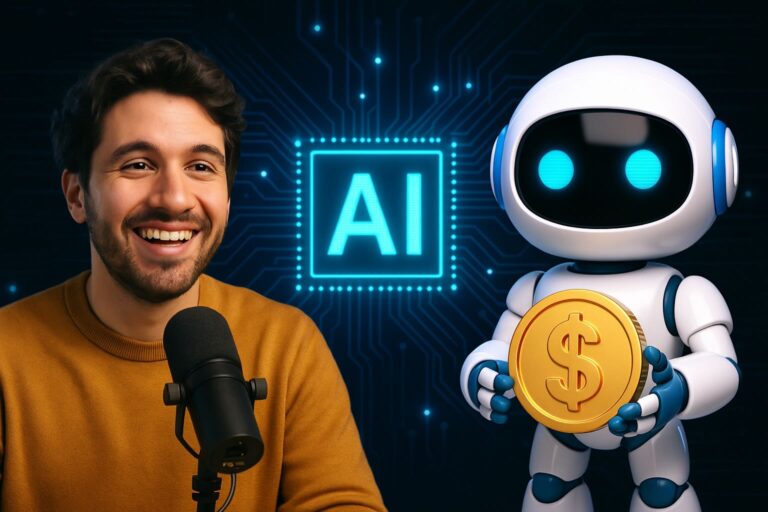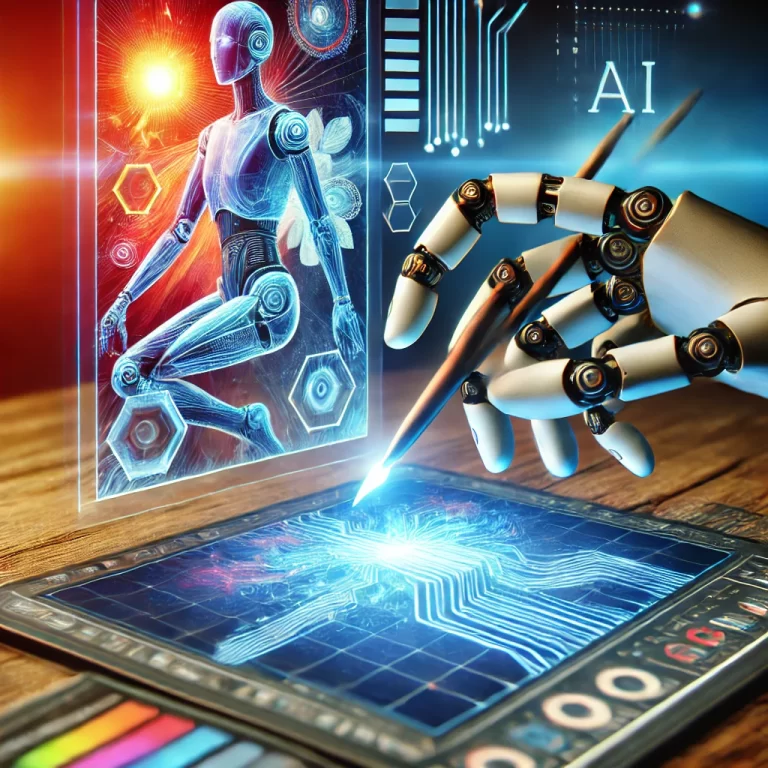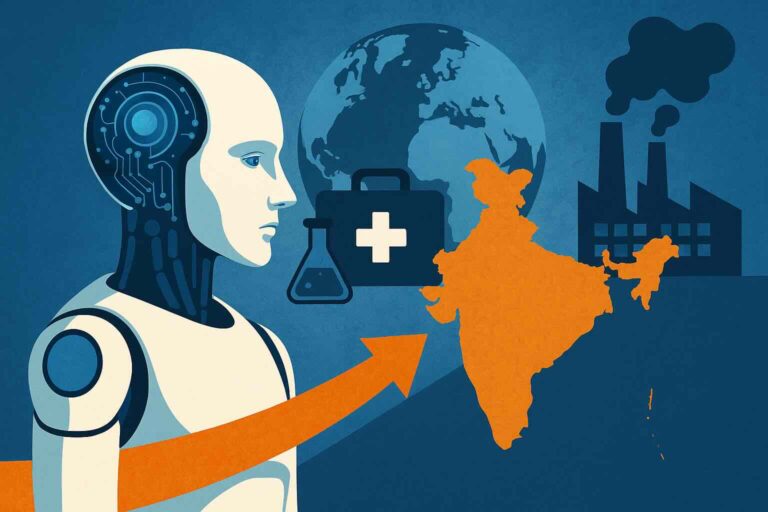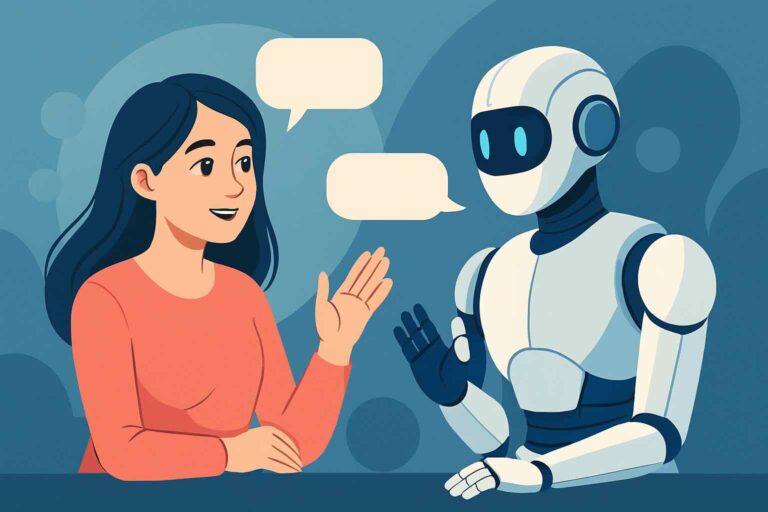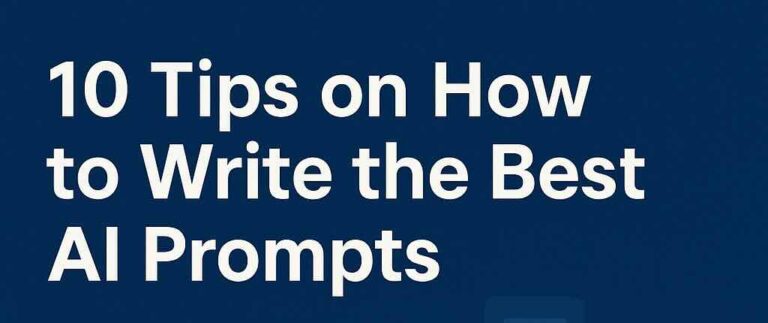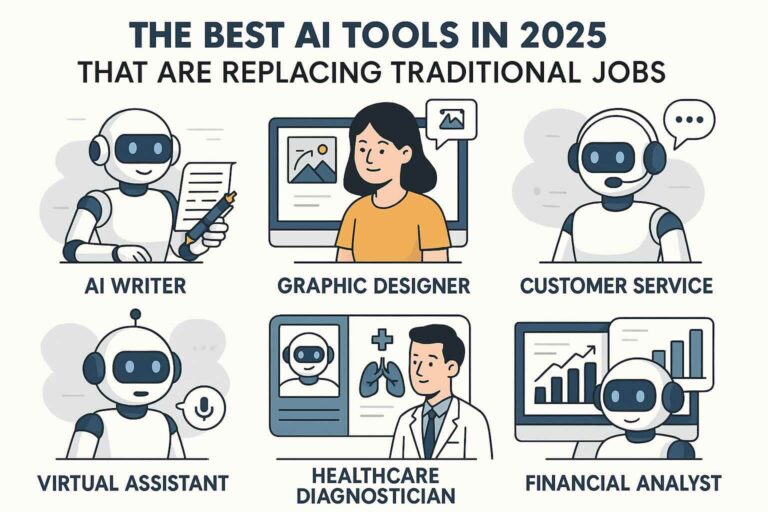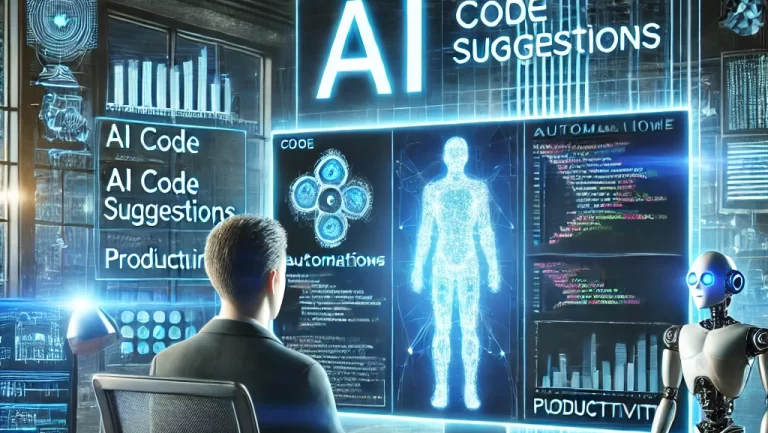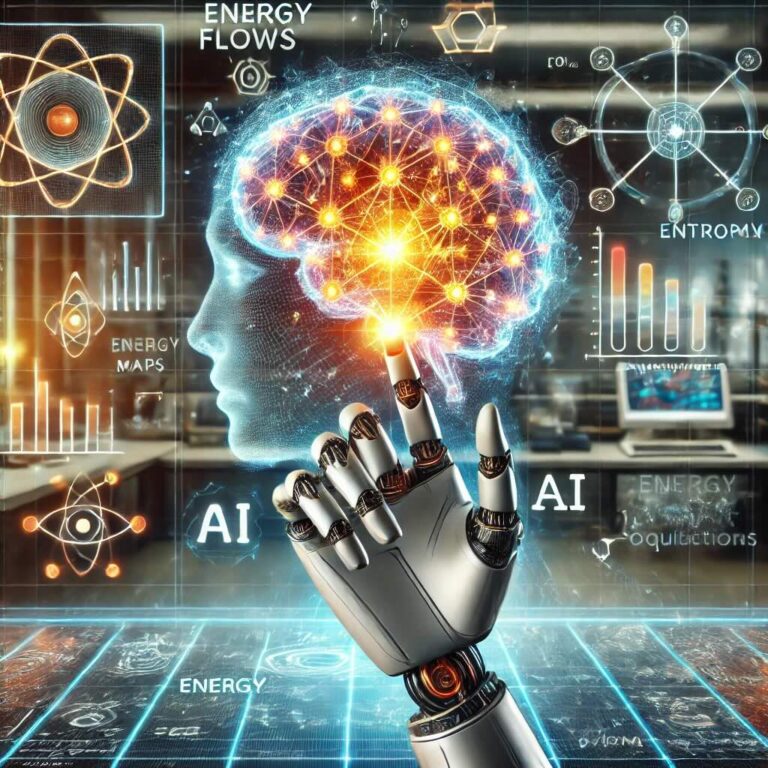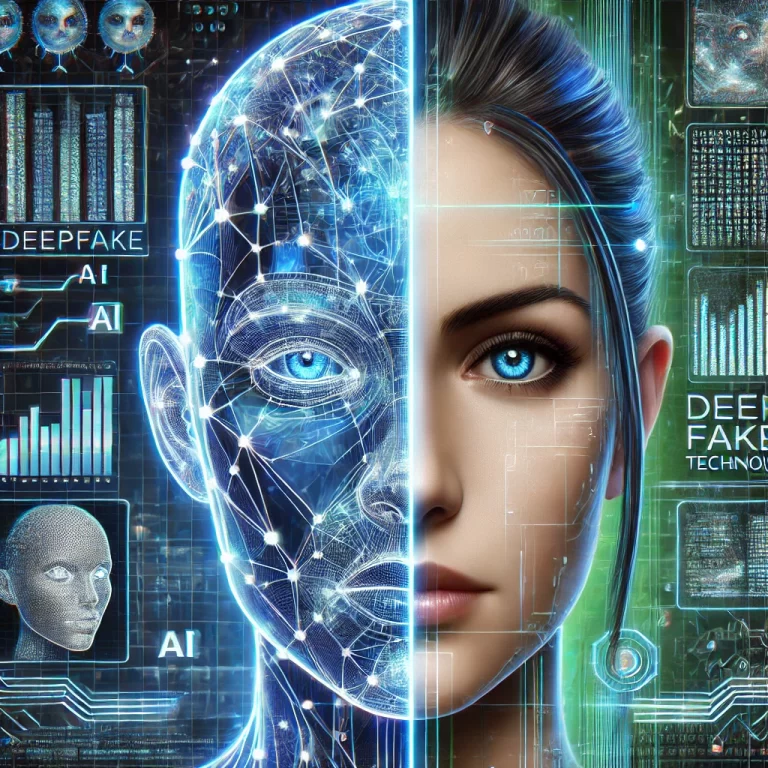The AI Tsunami Meets Code
As we dive deeper into 2025, the buzz around artificial intelligence (AI) continues to roar through every tech corridor, engineering blog, and boardroom. Tools like GitHub Copilot, ChatGPT, Amazon CodeWhisperer, and Tabnine have become daily companions for many developers. With generative AI models now writing, debugging, and even optimizing code, it begs the question: Is AI replacing software engineers?
Let’s hit pause on the hype and investigate this with a dose of realism. This isn’t just about whether machines can write code; it’s about understanding what it means to be a software engineer in an AI-augmented era.
Chapter 1: The Evolution of the Engineer’s Toolkit
For decades, software engineers have adapted their toolkits to match the pace of innovation:
- 1990s: Text editors and manual compilers.
- 2000s: IDEs, auto-complete, and agile tools.
- 2010s: Cloud IDEs, continuous integration/deployment, and Git.
- 2020s: AI pair programmers, voice-driven coding, and AI-assisted debugging.
AI is simply the next leap forward. But every technological leap in history has augmented engineers rather than replaced them.
Chapter 2: What AI Can Do (Really Well)
Let’s break down what AI is genuinely good at in 2025:
- Boilerplate code generation: Templates, REST APIs, UI scaffolding.
- Syntax checking and debugging: Finding typos, missing semicolons, etc.
- Autocompletion: Suggesting next lines based on context.
- Code explanation: Explaining unfamiliar codebases in plain English.
- Unit test generation: Auto-creating basic test cases.
- Performance suggestions: Highlighting inefficient queries or loops.
These are time-saving features, not job-killing ones.
Chapter 3: What AI Struggles With
AI still lacks a deep understanding of context, intent, and product vision. For example:
- Problem Solving: It can suggest code but doesn’t always know why the code matters.
- System Design: Architecture decisions still require business knowledge, trade-offs, and experience.
- Cross-team Communication: Engineers are glue across product, QA, marketing, and ops.
- Security and compliance: AI can overlook security loopholes or regulatory nuances.
- Innovation and Intuition: Coming up with novel solutions isn’t just about logic; it’s creativity.
This is where human engineers shine.
Chapter 4: The Rise of the AI-Augmented Developer
A new role has emerged: The AI-augmented developer. These engineers:
- Write prompts instead of just code.
- Use AI for 60% of repetitive tasks.
- Review AI-generated code instead of writing from scratch.
- Free up time to focus on architecture, user experience, and innovation.
Just like calculators didn’t replace mathematicians, AI isn’t replacing developers; it’s amplifying them.
Chapter 5: Industry Impact and Changing Job Descriptions
Here’s how AI is reshaping the software engineering landscape:
- Junior developer roles may reduce, as AI handles simple coding tasks.
- Code reviewers and test engineers evolve into prompt engineers or AI supervisors.
- Tech leads focus more on orchestrating AI-human collaboration.
- Interview patterns now assess prompt writing, code review, and architecture thinking.
- Freelancers and startups leverage AI to ship MVPs faster.
Companies are adapting. Even big tech firms are rewriting job descriptions to reflect AI fluency.
Chapter 6: Real Stories from the Field
1. The Startup MVP in 5 Days
A solo founder used ChatGPT + GitHub Copilot to launch a SaaS MVP in under a week. The AI wrote 70% of the code, but the founder handled UX design, deployment, and iteration.
2. The Code Review Revolution
A fintech company reduced review time by 40% after integrating AI code reviewers that flagged bugs, missing edge cases, and non-performant queries.
3. The Learning Accelerator
Bootcamp students now pair with AI to learn languages faster, debug without frustration, and get project ideas. Completion rates have improved by 25%.
Chapter 7: What You Should Do (Right Now)
For Engineers:
- Master prompt engineering.
- Learn how to supervise and validate AI code.
- Focus on soft skills: communication, problem-solving, creativity.
- Stay updated with AI ethics, safety, and security.
For Employers:
- Redefine roles around AI fluency.
- Encourage human-AI pair programming.
- Reskill teams with AI literacy bootcamps.
For Aspiring Developers:
- Don’t fear AI; use it as a learning accelerator.
- Focus on design thinking, domain knowledge, and user empathy.
Chapter 8: The Verdict – Will AI Replace Developers?
Not quite.
The question isn’t “Will AI replace software engineers?” but rather:
“What kind of software engineer will thrive in the AI era?”
2025 is the dawn of the AI-augmented engineer, where creativity, systems thinking, and collaboration outweigh the ability to type fast or memorize syntax.
In truth, AI is replacing some tasks of engineers, not the role itself.
If you adapt, learn, and collaborate with AI, you’re not obsolete.
You’re unstoppable.
Epilogue: Coding the Future Together
As we build the next generation of tools, apps, and digital experiences, AI will be a powerful co-pilot. But the vision, ethics, innovation, and human touch?
That’s still up to you.
The engineer of 2025 isn’t just a coder.
They are a strategist, a designer, a problem-solver, and now—an AI whisperer.
So, no, AI isn’t replacing you.
It’s promoting you.

